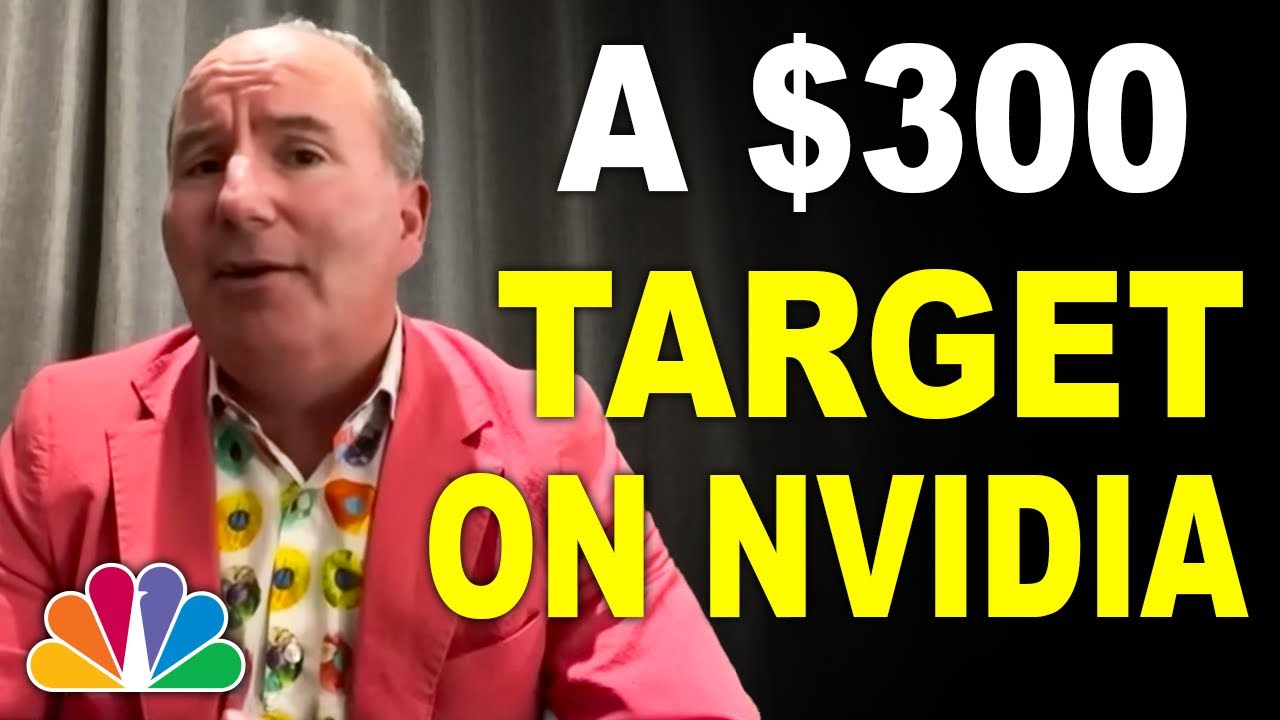The video explores how Apple’s integration of AI features in its new iPhone models could drive demand for Nvidia’s GPUs, potentially leading to a surge in Nvidia’s stock price, despite some skepticism about immediate consumer interest in AI over hardware upgrades. Analysts highlight the possibility of a “super cycle” of iPhone upgrades due to pent-up demand, while also noting competitive pressures and ongoing antitrust investigations that could impact Nvidia’s future.
The video discusses the potential impact of Apple’s recent integration of artificial intelligence (AI) features into its new iPhone models on Nvidia’s stock. Nvidia is recognized as a leading provider of hardware essential for training AI models, particularly through its high-performance graphics processing units (GPUs). With Apple unveiling AI capabilities in its latest iPhones, there is speculation that this could significantly increase demand for Nvidia’s GPUs, leading to a potential surge in the company’s stock price.
Joanna Stern, a contributor to the discussion, shares her experience testing the new iPhone models and notes that while some AI features are promising, they are still in beta and may not be fully functional at launch. She emphasizes that consumers are likely more motivated to upgrade their phones for hardware improvements rather than AI features. This sentiment suggests that while AI integration is exciting, it may not be the primary driver for immediate consumer purchases.
Dan Ives, an analyst, counters Stern’s perspective by highlighting the significant number of iPhones that have not been upgraded in several years. He believes that the introduction of AI features could lead to a “super cycle” of upgrades, potentially resulting in record sales for Apple. Ives predicts that this could lead to a substantial increase in unit sales, driven by pent-up demand and the appeal of new AI capabilities, which could ultimately benefit Nvidia as well.
The discussion also touches on the competitive landscape for Nvidia, noting that other chip manufacturers like AMD and Intel are also investing heavily in AI hardware. Additionally, there is concern that Apple may develop its own proprietary AI chips, which could reduce its reliance on Nvidia. The success of Apple’s AI features will depend on consumer acceptance, and if these features do not resonate with users, the anticipated demand for Nvidia’s hardware may be limited.
Finally, the video mentions ongoing antitrust investigations involving Nvidia, which could pose additional challenges for the company. The U.S. Justice Department has issued subpoenas to Nvidia and other firms, seeking evidence of potential antitrust violations. This legal scrutiny adds another layer of uncertainty for Nvidia as it navigates the evolving AI landscape and its relationship with major clients like Apple. Overall, while the integration of AI into Apple’s products presents opportunities for Nvidia, various factors could influence the extent of these benefits.
